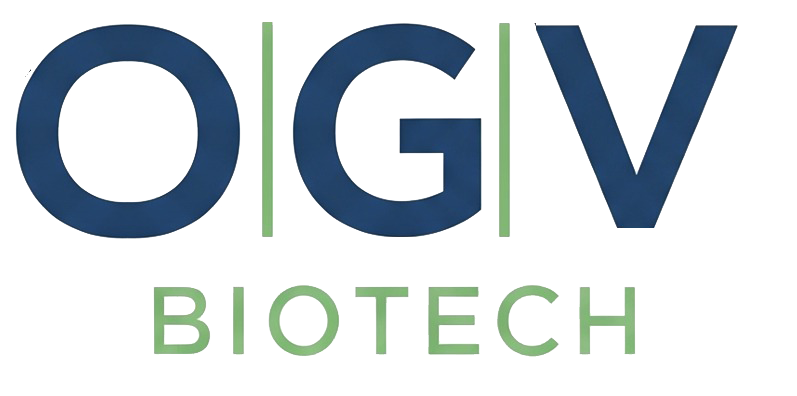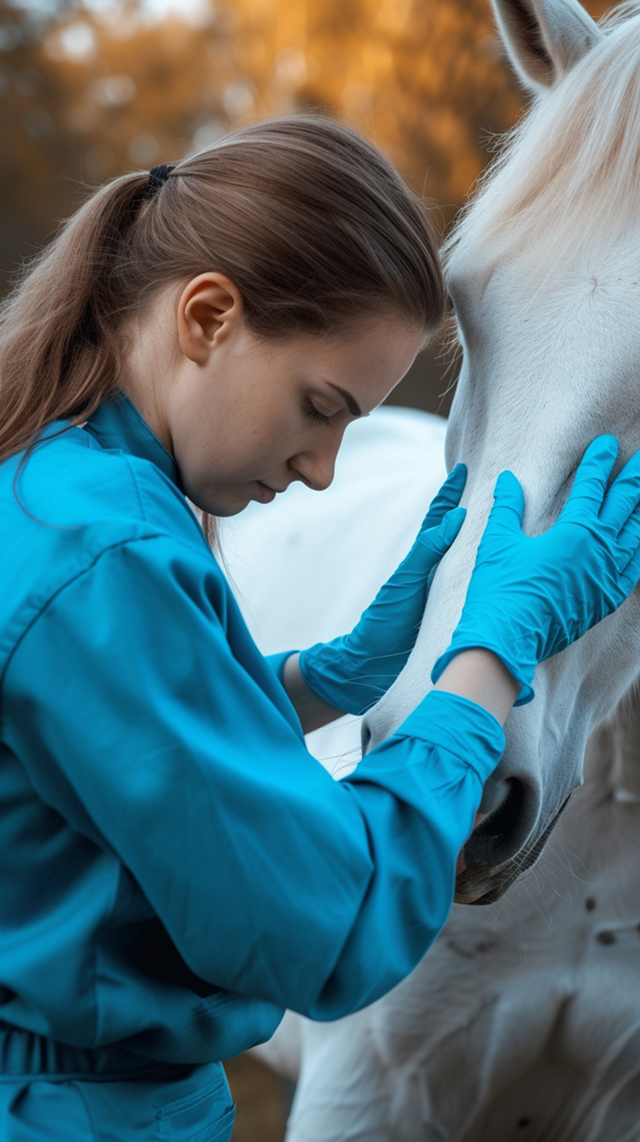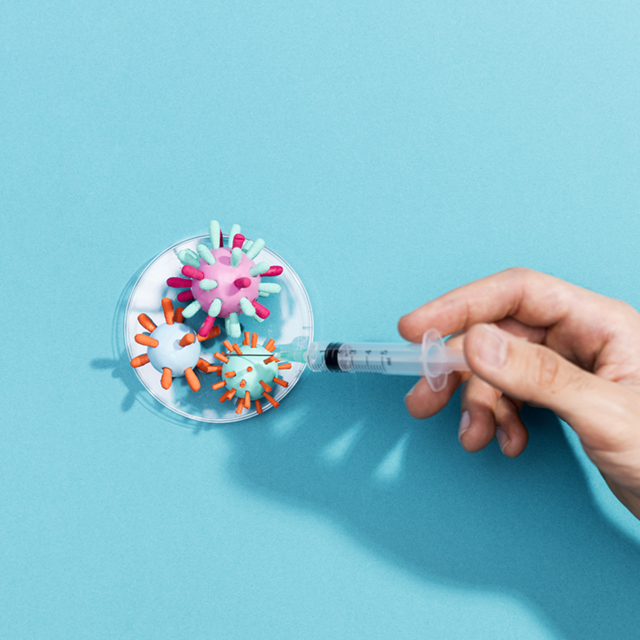Revolutionizing Healthcare: The Science of Animal Vaccine Production the development of animal vaccines has been a pivotal milestone in the advancement of global public
health. By leveraging the innate immune response of various animal species, scientists have been able to combat numerous viral, bacterial, and parasitic diseases, significantly improving animal welfare and agriculture productivity while safeguarding human health.
Understanding Animal Vaccine Production
The production process of animal vaccines follows a meticulous and regulated procedure. The primary step in this process involves the cultivation of harmless forms of pathogens, also known as attenuated strains or subunit vaccines. These pathogens are vital for stimulating an immune response in animals, imparting them with long-lasting immunity against specific diseases.
The Role of Animals in Vaccine Production
Animals such as cows, chickens, and sheep are often utilized in the vaccine production process. Some vaccines require the employment of specific animal cell lines, like the Vero cells derived from green monkey kidneys, which are used to produce the polio vaccine. The selection of the suitable animal cell line or pathogen strain is crucial for the successful and safe production of an effective vaccine.
The Impact of Animal Vaccines on Public Health
The significance of animal vaccines in public health can be demonstrated through the eradication of diseases like smallpox, rinderpest, and rabies – a testament to the impactful role of these vaccines in enhancing global health outcomes. Also, by protecting animals from diseases, livestock productivity can be improved, and food security can be ensured for millions of people.
Current Developments and Future Prospects
Research and development in the field of animal vaccine production continue to evolve, with the focus on improving vaccine efficacy, extending their shelf life, increasing their safety, and making them accessible to remote areas. Novel approaches like DNA vaccines and recombinant protein-based vaccines show promise in overcoming these challenges. As the global community faces the threat of emergent diseases, the importance of animal vaccine production in safeguarding both animal and human health cannot be overstated.









